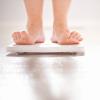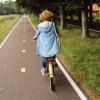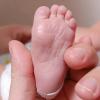In 2023 more Dutch people play sports on a weekly basis
In 2023, 56% of the Dutch population aged four and over played sports at least once a week. This figure marks an increase from 53% in 2022. Notably, the percentage of individuals with physical disabilities who played sports weekly saw a significant rise, from 23% to 29%.







